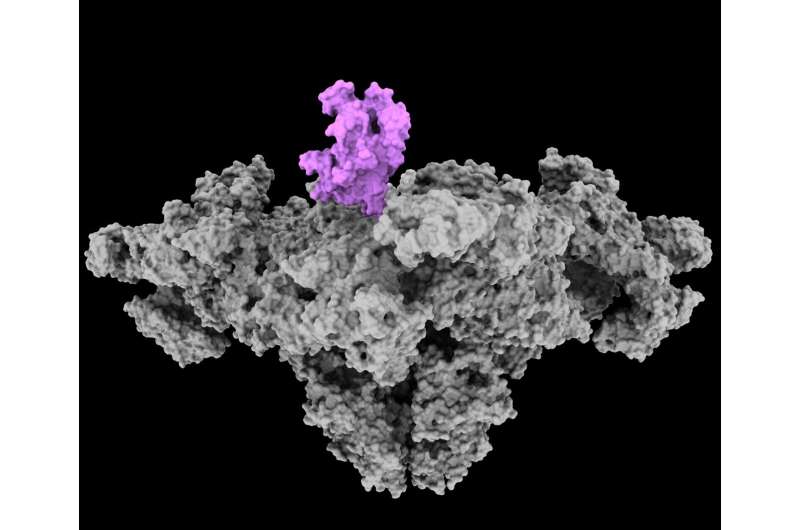This article has been reviewed according to Science X's editorial process and policies. Editors have highlighted the following attributes while ensuring the content's credibility:
fact-checked
peer-reviewed publication
trusted source
proofread
Research implicates calcium in 'chemobrain,' pointing the way toward potential therapy

Chemotherapy is essential for many cancer patients, but some suffer from cognitive impairment throughout treatment. "Chemobrain" can consist of deficits in memory, attention, and executive function.
A new study now reveals that "chemobrain" may be caused by an excess of calcium floating around inside cells. The research, from investigators at Columbia University Vagelos College of Physicians and Surgeons and the University of Texas MD Anderson Cancer Center, could lead to new treatments to restore cognition in patients experiencing symptoms.
Calcium serves as a crucial messenger in cells throughout the body and enables us to think, move, and process nutrients. But as with any good thing, calcium only works well in moderation.
Calcium is controlled by ryanodine receptors that lie inside cells and control the amount of calcium in the cell. But sometimes the receptors get stuck in the open position, allowing too much calcium to flow inside cells at an uncontrolled rate.
This leak of calcium was first discovered in heart failure but has also been linked to cognitive decline that accompanies heart failure, post-traumatic stress disorder, long COVID, and Alzheimer's, based on findings from the lab of Andrew Marks, MD, chair and professor of physiology & cellular biophysics at VP&S and co-senior author of the new study.
When the NIH announced an initiative to fund research on the understudied phenomenon of chemotherapy-induced cognitive impairment, Marks and his collaborator, endocrinologist Theresa Guise, MD, of MD Anderson, decided to investigate whether calcium leaks could be responsible for this type of cognitive impairment as well.
The team tested the idea in mice and found that a chemotherapy treatment causes calcium leaks in the brain and neurocognitive dysfunction in mice with breast cancer and in healthy mice. The leaked calcium inside cells, the team found, impairs neuronal function.
The good news is that an experimental drug under development in the Marks lab was able to reduce both the calcium leak in the brain and neurocognitive symptoms in mice.
Marks and his team hope that a clinical trial is soon-to-come, as there is currently no treatment for this common and distressing impairment.
"As a clinician, one of the things I ask my patients with cancer is 'What is the thing that affects you most in daily life?' They say either brain fog or weakness, and those are things that a busy clinician typically doesn't have time to address," says Guise. "It's a very important clinical problem with a huge unmet clinical need."
The study also adds to the evidence that the calcium leak has an important role in cognitive deficits in general. "I think it's a powerful story that we've converged on a similar pathway that affects cognition in multiple disorders and multiple settings," Marks says.
The research is published in the journal Science Translational Medicine.
More information: Yang Liu et al, Targeting ryanodine receptor type 2 to mitigate chemotherapy-induced neurocognitive impairments in mice, Science Translational Medicine (2023). DOI: 10.1126/scitranslmed.adf8977




















